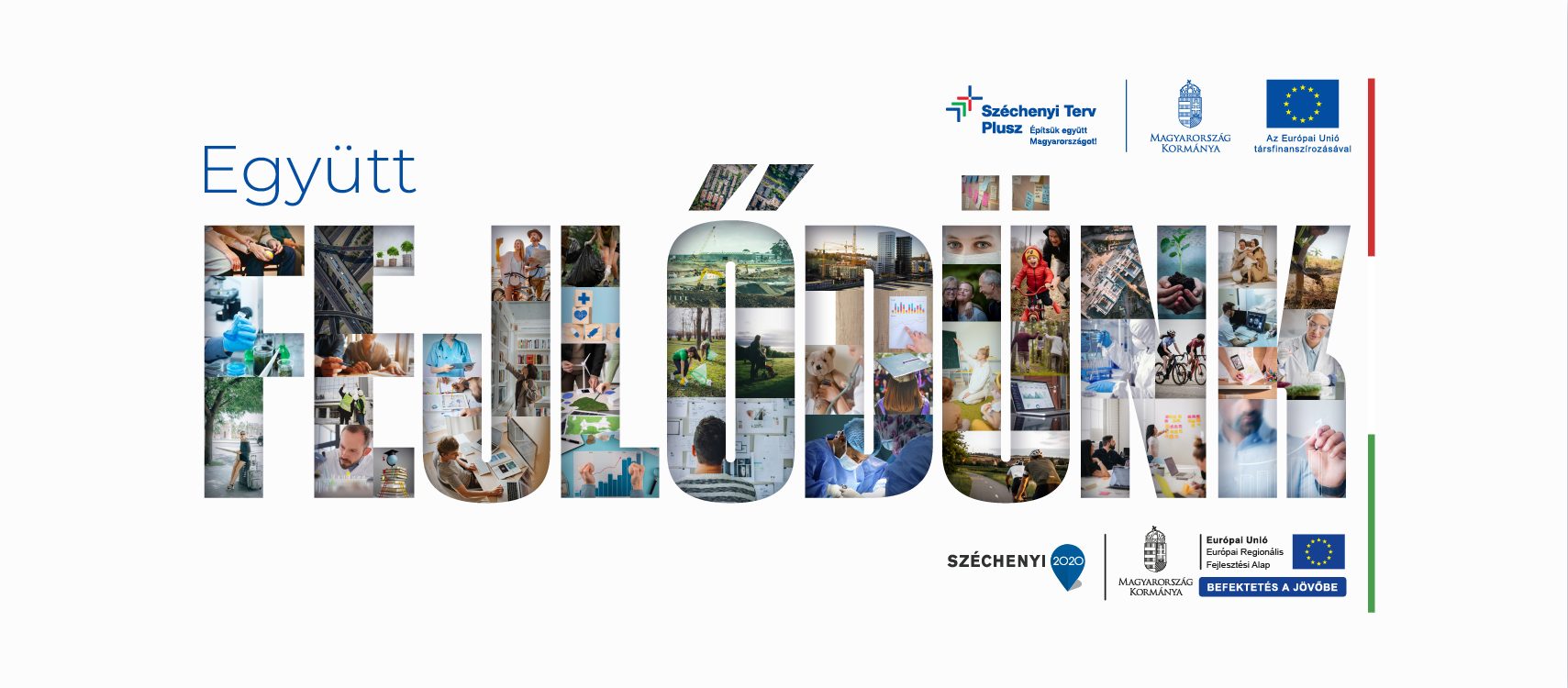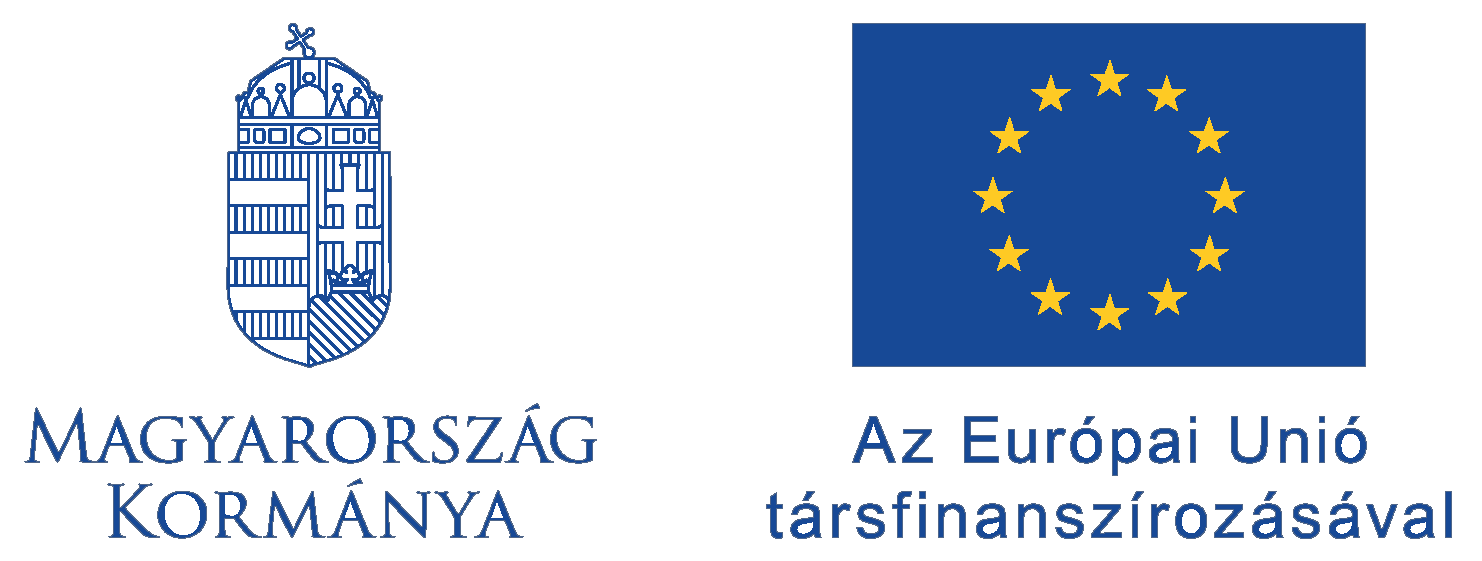Professional training programs have helped improve the quality of human resources in shortage professions and ensure an adequate workforce to meet future needs at the Clinics of the Clinical Center of the University of Debrecen and the Kenézy Gyula University Hospital.
The focus of a project implemented with EU support was on reducing four specific shortage professions at the Clinics of the Clinical Center of the University of Debrecen and the Kenézy Gyula University Hospital. The training of nearly 50 involved healthcare professionals was conducted by the University of Debrecen itself, as an accredited organization, under a study contract. For the participants, a motivational scholarship was provided from the funding during the training period.
In the field of pediatric intensive care nursing, there are very few training programs available nationwide, despite the enormous need for them. Due to the psychological strain, few people choose this direction, which is why it has become a shortage profession. The training was of great significance, as it was intended not only to provide the human resources with qualifications equivalent to those of the pediatric intensive care unit of the Clinical Center of the University of Debrecen, but also for the counties of Borsod-Abaúj-Zemplén, Szabolcs-Szatmár-Bereg, and Szolnok.
There is also a practically constant demand for well-trained adult intensive care nurses. The primary goal of the training programs implemented within the project was to ensure that the adult intensive care units affiliated with the University have a sufficient number of appropriately qualified professionals available to provide high-quality healthcare.
In the case of emergency nurses, it is a nationwide phenomenon that the turnover rate among healthcare professionals is higher due to the significant physical and mental strain compared to healthcare professionals as a whole. Therefore, it has also been deemed necessary to initiate training in this area.
In addition to all this, they also launched a training program for healthcare practice leaders, which is considered a shortage profession and is a particularly important role in terms of nurturing future talent, especially given the significance of dual training.
Highly trained professionals emerging from the training programs assist in the efficient functioning of the healthcare system by ensuring the availability of appropriate human resources, maintaining a high professional standard, and thereby contributing to the increase in life expectancy and years lived in good health.
The development was implemented from EU funding in the project EFOP-1.10.3-17-2017-00005 under the Human Resource Development Operational Programme.
Find out more about the project in the Project Finder:Details








